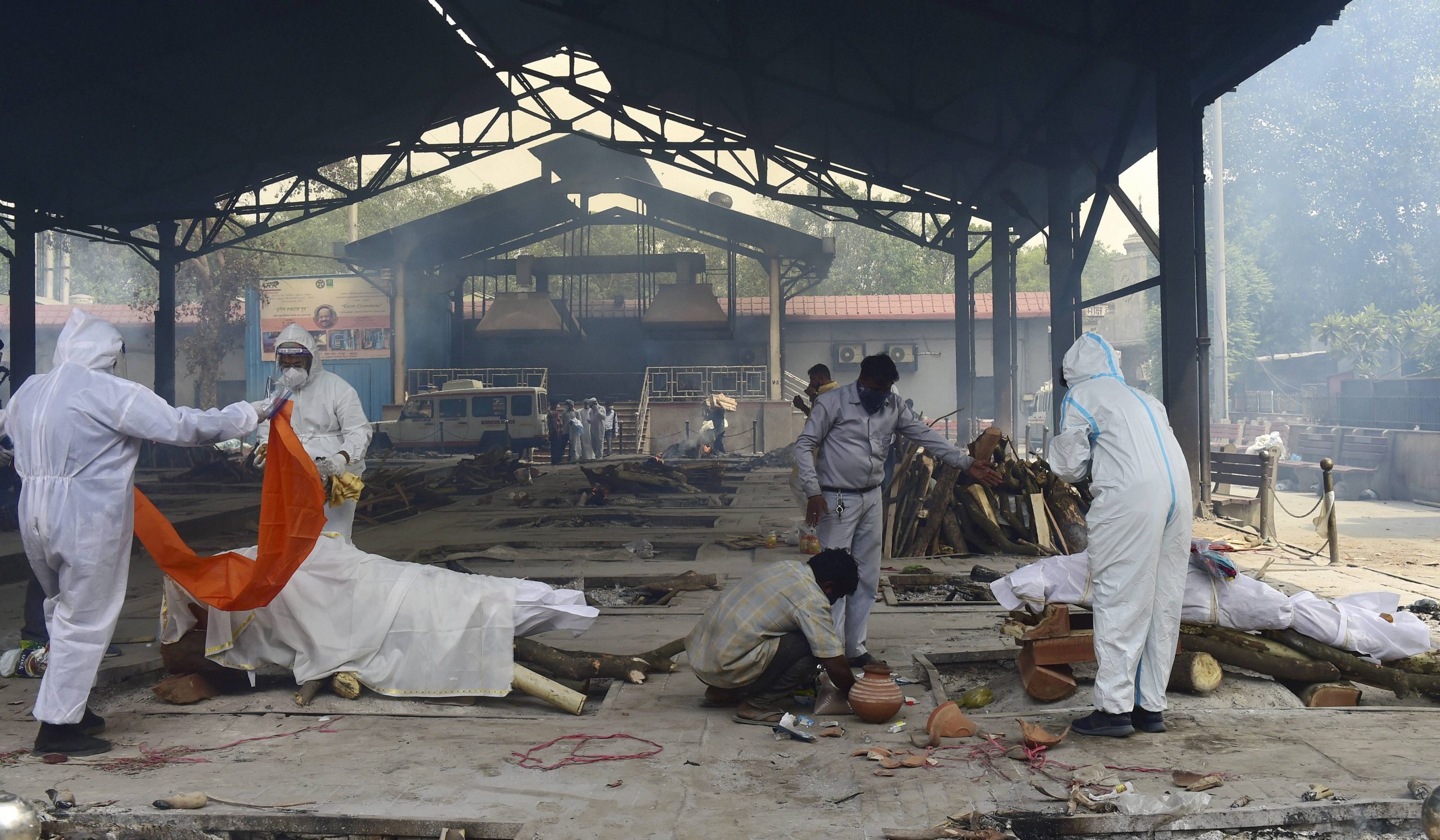The World Health Organisation (WHO) on Monday labelled the mutated coronavirus variant in India, the B.1.617 – feared to be driving the country’s recent explosion in cases, as a “variant of concern”.
It was so far classified as a “variant of interest”, which does not indicate it is more dangerous that the original SARS-CoV-2 coronavirus.
Also Read | Vaccination only long-term solution to India’s COVID-19 crisis: Fauci
“There is some available information to suggest increased transmissibility,” WHO’s lead on COVID-19 Maria Van Kerkove said. She also hinted at the virus’ potential increased vaccine resistance, AFP reported.
“As such, we are classifying this as a variant of concern at the global level,” she said.
The world’s second most populous country has emerged as the new global hotspot for the virus in recent months, reportting nearly half the world’s daily new cases, but experts believe official tallies are gross undercount. On Monday, India reported over 360,000 new cases and 3,754 neew deaths.
The B.1.617 variant, first identified in the country in October last year, has been one of the primary catalysts for the unfolding crisis. However, lapse in health-safety protocols and allowing mass gatherings in religious events and political rallies have also been key contributors to the explosive wave.
It will be added to the list containing three other variants of COVID-19, those first detected in Britain, Brazil and South Africa, which the WHO has classified as being “of concern”
Also Read | New Yorkers start to return to offices, in hybrid mode for now
Van Kerkhove stressed that when it comes to the B.1.617 variant, for the time being “we don’t have anything to suggest that our diagnostics or therapeutics and our vaccines don’t work”.
The WHO’s chief scientist Soumya Swaminathan agreed, urging a “balanced approach.
“What we know now is that the vaccines work, the diagnostics work, the same treatments that are used for the regular virus work,” she told journalists.
“So there’s really no need to change any of those, and in fact… people should go ahead and get whatever vaccine is available to them and that they are eligible for.”
Experts highlight that the more the virus spreads, the bigger the risk it will find ideal conditions to mutate in concerning ways, stressing that everything must be done to rein in transmission.
“We will continue to see variants of concern around the world, and we must do everything that we can to really limit the spread,” Van Kerkhove said.







